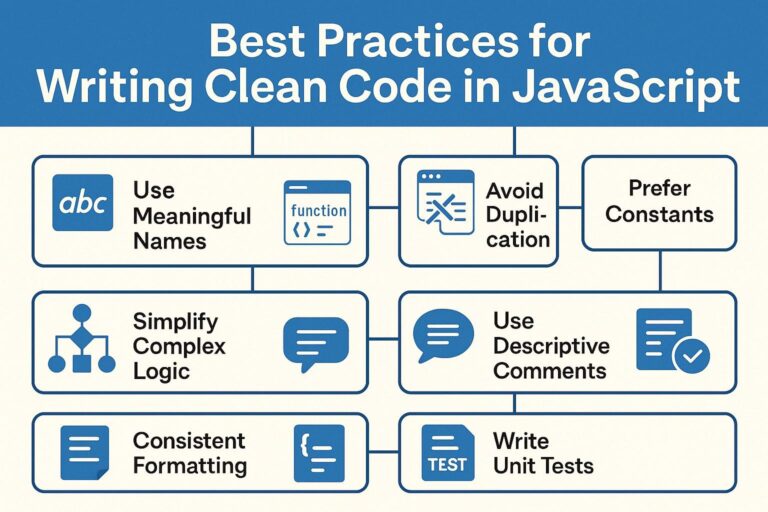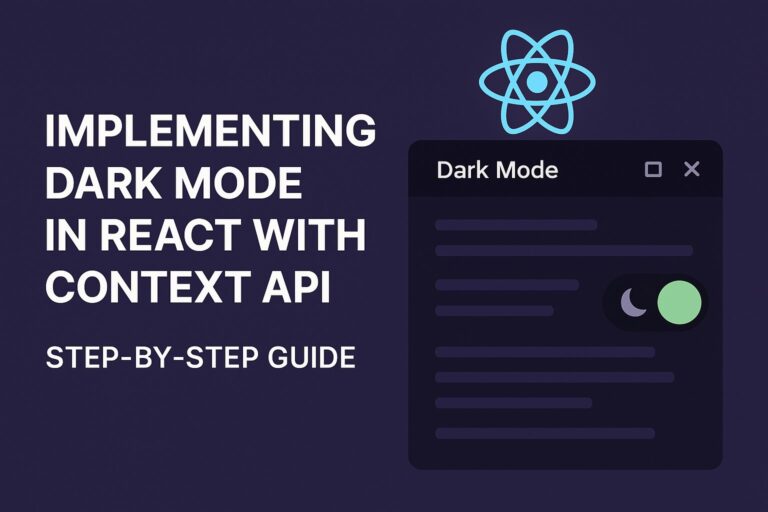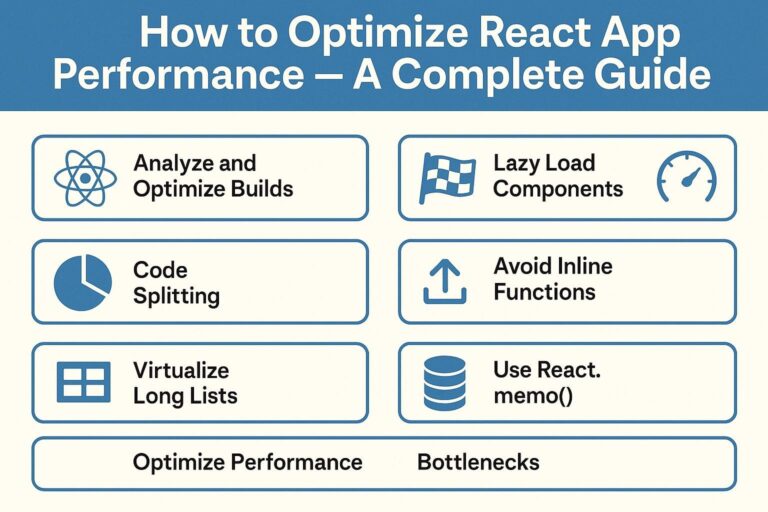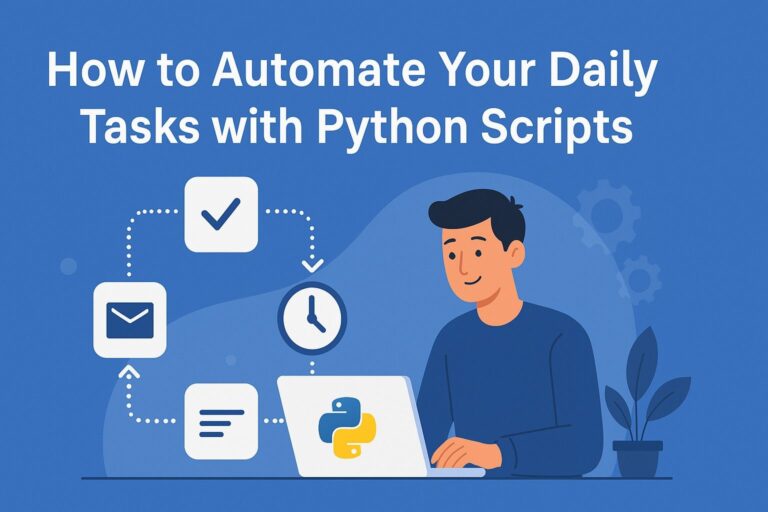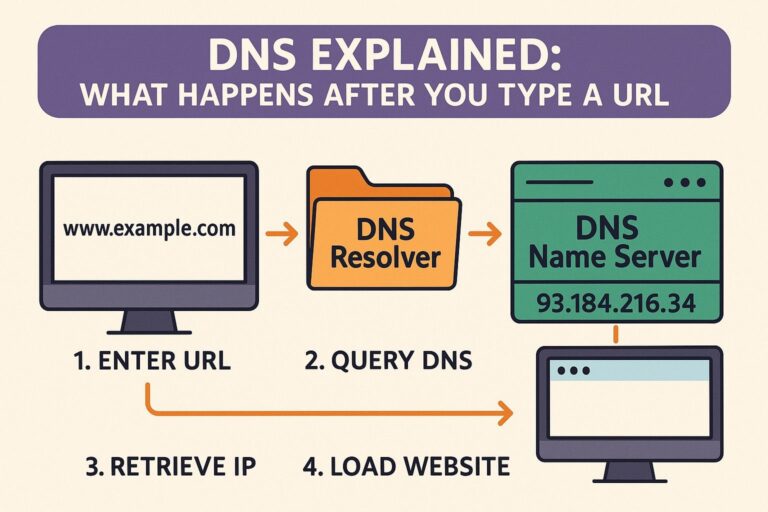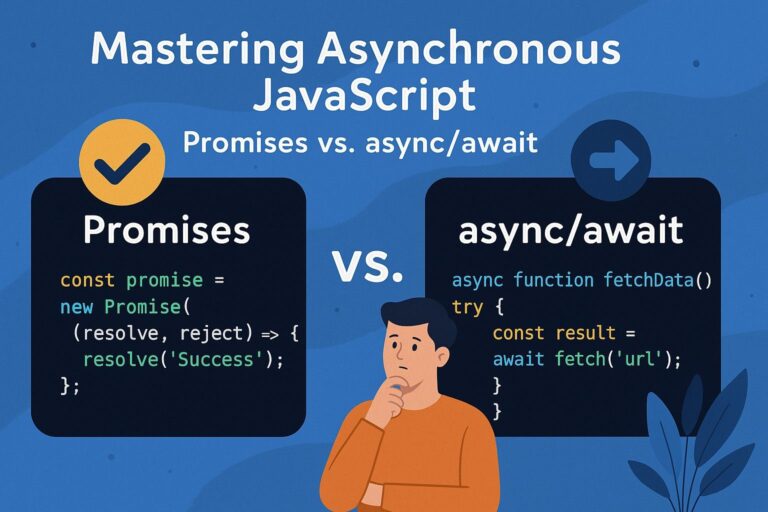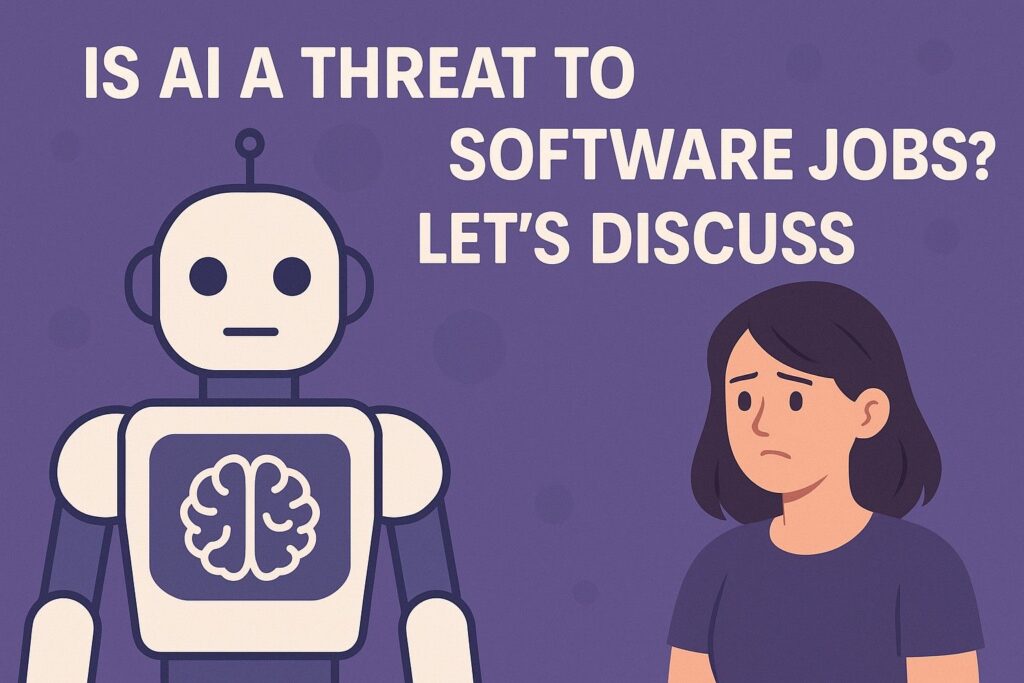
Artificial Intelligence (AI) is rapidly advancing—and its influence is now deeply embedded in the software development landscape. From generating code snippets to running test cases and reviewing pull requests, AI is no longer just a buzzword; it’s a practical tool in everyday engineering work.
Naturally, this progress raises a critical question among developers, students, and tech professionals alike:
Is AI a threat to software engineering jobs?
The answer is not a straightforward yes or no. The reality is more nuanced and layered. To explore this thoroughly, let’s break the discussion into two key dimensions: short-term disruption and long-term transformation.
Short-Term Impact: Productivity, Not Replacement
In the near future, AI is augmenting rather than replacing software engineers. Here’s how it’s shaping daily workflows:
1. AI is Automating Repetitive Coding Tasks
AI tools like GitHub Copilot, Amazon CodeWhisperer, and TabNine can generate boilerplate code, unit tests, and even solve simple logic problems based on developer prompts.
What this means:
Engineers spend less time on repetitive, low-complexity tasks and more time on system design, architecture, and product thinking.
2. Code Review and Bug Detection Are Getting Smarter
Platforms such as DeepCode, Snyk, and CodeGuru automatically analyze code for performance issues, security vulnerabilities, and logic flaws.
Is this a threat?
Not really. These tools assist human reviewers, reducing time spent on manual inspection and improving code quality. They don’t understand context or business logic the way humans do.
3. AI Is Reshaping Entry-Level Roles
This is one area where AI does introduce risk. Tasks commonly assigned to junior developers—writing basic functions, documentation, or minor bug fixes—can now be handled by AI.
What changes:
- Entry-level developers may find it harder to gain initial experience.
- Companies may invest more in mentoring and onboarding programs.
- The bar for junior developers will rise, with greater emphasis on problem-solving and collaboration.
4. Upskilling Becomes a Necessity
To stay relevant, software engineers must evolve. This includes:
- Learning to work with AI-assisted tools
- Understanding prompt engineering
- Strengthening system design and architecture skills
- Exploring roles like DevOps, MLOps, and AI tooling development
Long-Term Outlook: Transformation, Not Elimination
Looking ahead, the larger concern isn’t about job loss—it’s about job transformation.
1. Software Engineers Will Focus More on High-Level Thinking
AI may write basic code, but it can’t yet architect a scalable microservices infrastructure, evaluate trade-offs in business logic, or communicate cross-functionally with stakeholders.
The value of software engineers will shift further toward:
- System design
- Product strategy
- UX collaboration
- Ethical decision-making in AI-driven systems
2. AI Will Create New Engineering Roles
Rather than wiping out jobs, AI will create new ones, especially in these areas:
- AI Infrastructure Engineering
- Human-AI Interaction Design
- Prompt Engineering and Tooling
- AI Quality Assurance and Debugging
- Explainability and Model Auditing
3. Teams Will Evolve, Not Shrink
Engineering teams will adapt to work with AI as a collaborator. Developers may begin to:
- Pair program with AI
- Use AI to test and deploy faster
- Offload tedious debugging tasks
- Review AI-generated code for correctness and alignment with product goals
The structure of software teams may shift, but their need for skilled human engineers will persist.
4. Ethical and Legal Concerns Will Require Human Oversight
From algorithmic bias to intellectual property risks, AI introduces new legal and ethical challenges. Engineers will play a key role in shaping how responsibly AI is used in products and systems.
So, Is AI a Threat to Your Job?
The short answer: AI is a disruptor, not a destroyer.
- If your job revolves around repetitive tasks, you may feel pressure to adapt.
- If you actively engage with problem-solving, design, cross-functional communication, and continuous learning, AI is an asset—not a threat.
Just as compilers didn’t replace programmers, and cloud platforms didn’t eliminate sysadmins, AI is another layer in the evolution of software development. Those who adapt will thrive; those who resist may struggle.
Final Thoughts
AI is undoubtedly changing the landscape of software engineering, but it is not eliminating the need for human developers. Instead, it is challenging us to become better engineers—more strategic, more analytical, and more adaptable.
The future of engineering will belong to those who:
- Embrace AI as a partner
- Stay curious and continue learning
- Focus on higher-order thinking beyond code syntax
So no, AI is not taking your job—but someone who knows how to use AI effectively might.
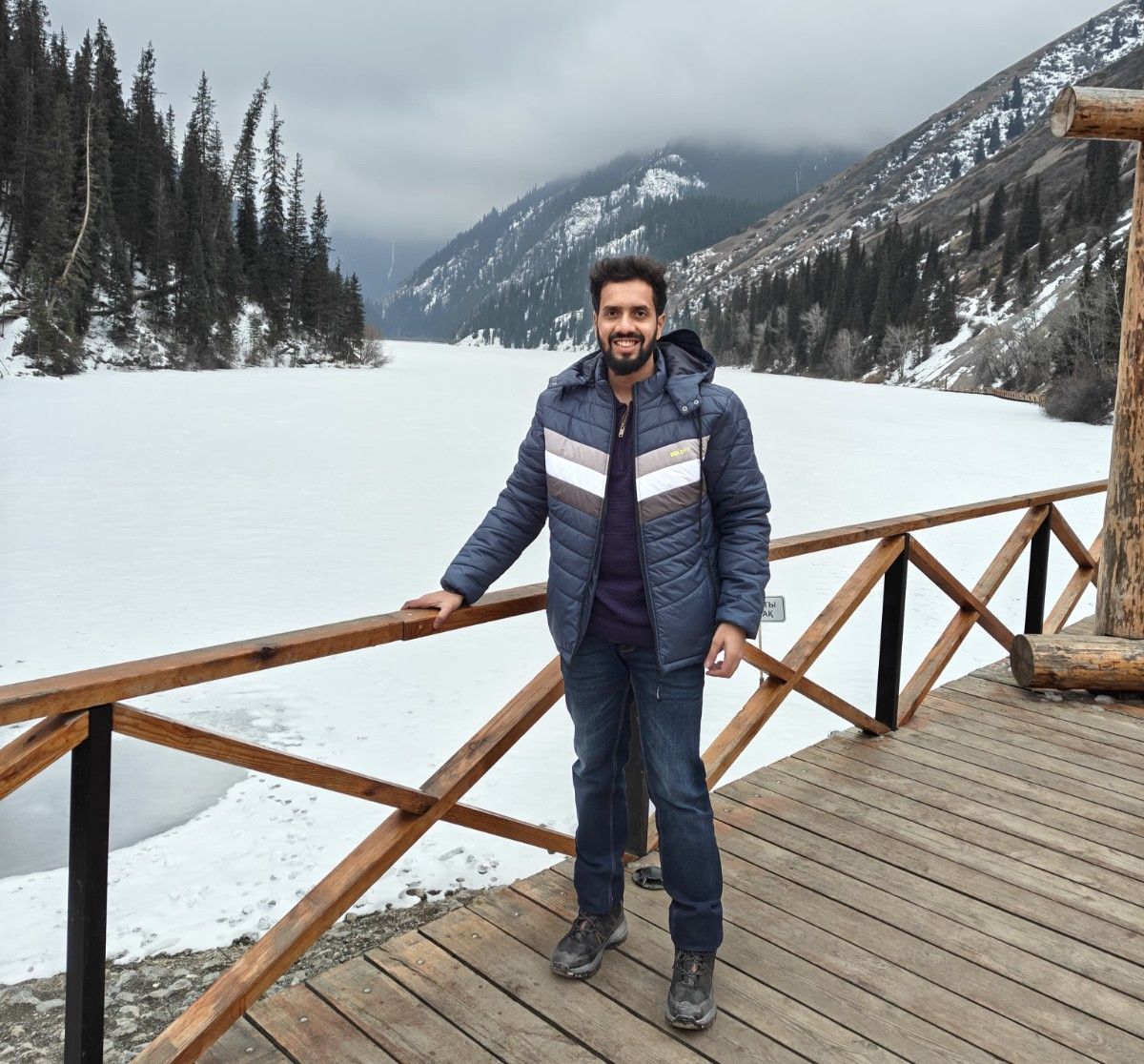
I’m Shreyash Mhashilkar, an IT professional who loves building user-friendly, scalable digital solutions. Outside of coding, I enjoy researching new places, learning about different cultures, and exploring how technology shapes the way we live and travel. I share my experiences and discoveries to help others explore new places, cultures, and ideas with curiosity and enthusiasm.

